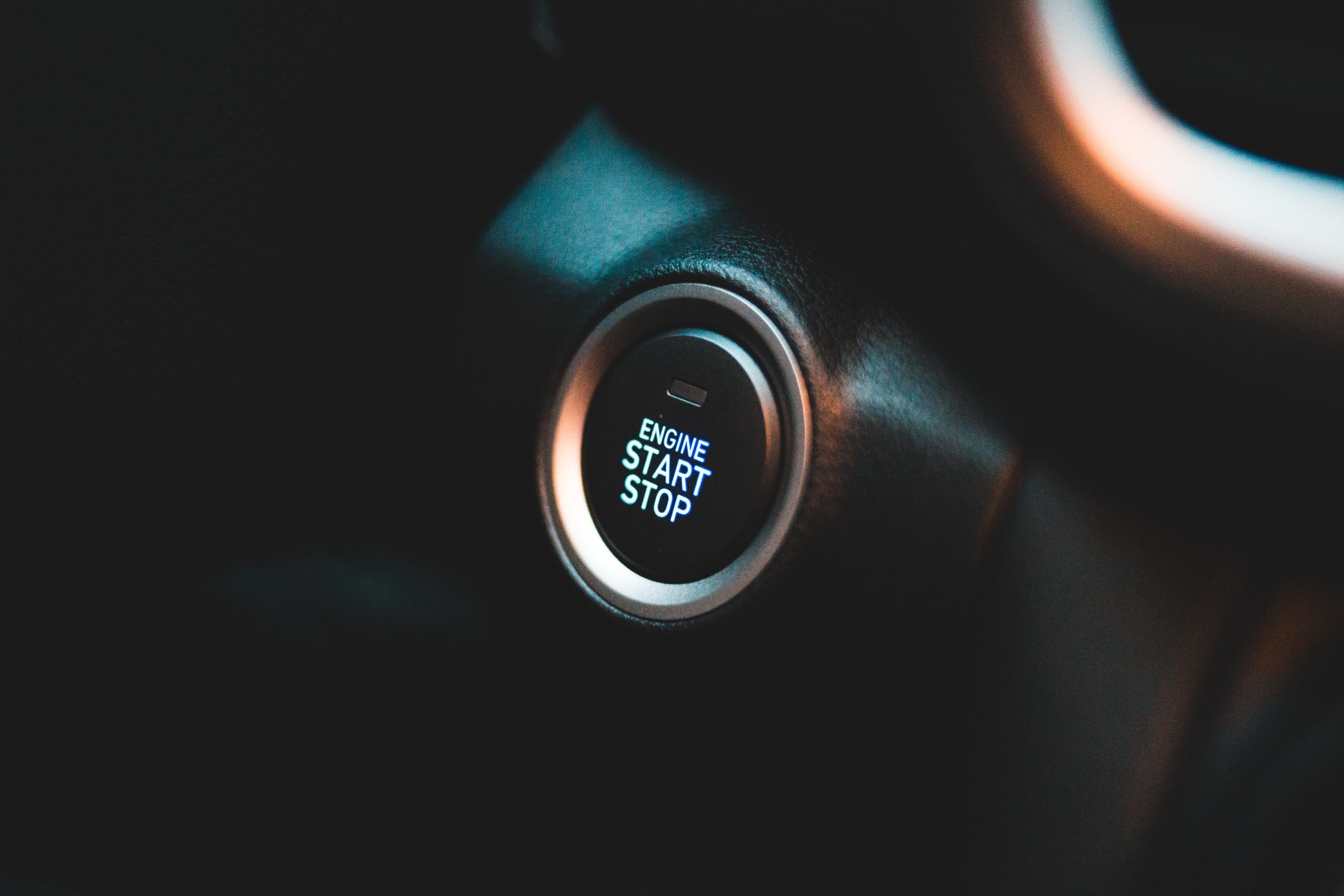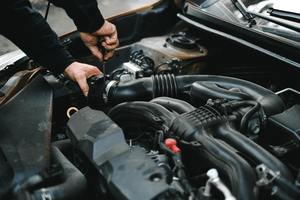
When your car won’t start, it can be a real hassle. You may not know what’s wrong, and you may feel like you’re at the mercy of fate. However, there are several common reasons why a car might not start, and most of them are relatively easy to fix. In this article, we’ll take a look at some of the most common causes of a car that won’t start, and we’ll provide some tips on how to get your car up and running again.
Let’s start reviewing how your car works, first:
A car’s engine needs three things to run: fuel, air, and spark. The fuel and air mix together in the cylinders, and the spark ignites the mixture. This explosion drives the pistons, which turns the crankshaft, which turns the wheels.
If one of these elements is missing or not working properly, your car won’t start. Let’s take a look at each element, in turn, to see what might be causing your car not to start.
1. Fuel
Your car needs gasoline (or diesel) to run. If you’re out of gas, your car won’t start. It’s really that simple. Fortunately, this is an easy problem to fix – just fill up your gas tank and you should be good to go.
If your car has been sitting for a while, the gas may have gone bad. Gasoline can degrade over time, and if it’s too old, it won’t ignite properly. If you think this might be the problem, try adding some fresh gas to your tank and see if that helps.
2. Air
In order for the fuel to ignite, it needs oxygen – that’s what air is for. If there’s not enough air in the cylinders, the fuel won’t ignite properly and your engine won’t run.
There are several reasons why there might not be enough air getting into your engine. The most common is a dirty air filter. The air filter’s job is to keep dirt and other contaminants out of the engine, and if it’s clogged, it can restrict the flow of air. Another possibility is a leak in the air intake system – either in the ductwork or in the seals around the engine.
3. Spark
If there’s no spark, the fuel won’t ignite. The spark plugs are responsible for creating the spark that ignites the fuel-air mixture in the cylinders. If they’re fouled or worn out, they might not create enough spark to get the engine going. Similarly, a weak battery might not provide enough power to create a strong enough spark.
4. Dead Battery
If your car won’t start, one of the first things you should check is the car battery. If the battery is dead, there’s no way the engine is going to get the spark it needs to start.
There are a few reasons why your battery might be dead. The most common is simply that it’s old and needs to be replaced. If you need new car batteries, you can check out this list. However, if you’ve been driving around with your lights on or using other electrical accessories, that can drain the battery and leave you stranded. Another possibility is that there’s a loose connection between the battery and the starter. This can happen if the terminals are corroded or if the cables are loose.
5. Starter Problems
If your engine won’t turn over, it could be a problem with the starter. The starter is responsible for getting the engine moving, and if it’s not working properly, the engine won’t start.
One possible problem is that the starter motor itself is worn out or damaged. Another possibility is that there’s a problem with the starter solenoid – the switch that activates the starter. This could be due to a broken wire or a faulty connection.
These are just some of the most common reasons why your car might not start. If you’re still having trouble, it’s best to consult a professional mechanic who can diagnose the problem and get your car back on the road.
What to do when the car suddenly won’t start?
If your car won’t start, the first thing you should do is check the basics – make sure there’s gas in the tank and that the battery is connected. If those things are fine, it’s time to start troubleshooting.
Check the fuel system.
If there’s no gasoline in the tank, your car won’t run. Even if the tank is only half-empty, air can get into the fuel line and prevent the engine from getting enough fuel. If you think this might be the problem, try adding some fresh gas to see if that helps.
Check for spark.
If there’s no spark, the fuel won’t ignite and your engine won’t run. The spark plugs are responsible for creating the spark that ignites the fuel-air mixture in the cylinders. If they’re fouled or worn out, they might not create enough spark to get the engine going. Similarly, a weak battery might not provide enough power to create a strong enough spark.
Check for air.
In order for the fuel to ignite, it needs oxygen – that’s what air is for. If there’s not enough air in the cylinders, the fuel won’t ignite properly and your engine won’t run.
Insurance Coverage for Car Problems

If you have comprehensive insurance, an insurance company can help with car problems in a few different ways.
First of all, if your car breaks down and you can’t get it running again, your insurer can arrange for it to be towed to a nearby garage. They can also provide a courtesy car while yours is being repaired, so you’re not left stranded.
If the problem is more serious and your car needs to be written off, your insurer will pay out the agreed value of your car. This means you won’t be left out of pocket if your car is totaled.
Lastly, if you have any legal problems as a result of your car breaking down (for example, if you’re involved in an accident because your brakes failed), your insurer will be able to help you with that as well.
Conclusion
No matter what problem you’re having with your car, an insurance company can always offer some assistance. It’s always worth giving them a call to see what they can do for you.
Last Updated on
- Exhaust fan vs ceiling fan - September 24, 2022
- What is Air Purifier Necklace? - August 30, 2022
- Can You Use an Air Purifier and Fan at the Same Time? - August 28, 2022
